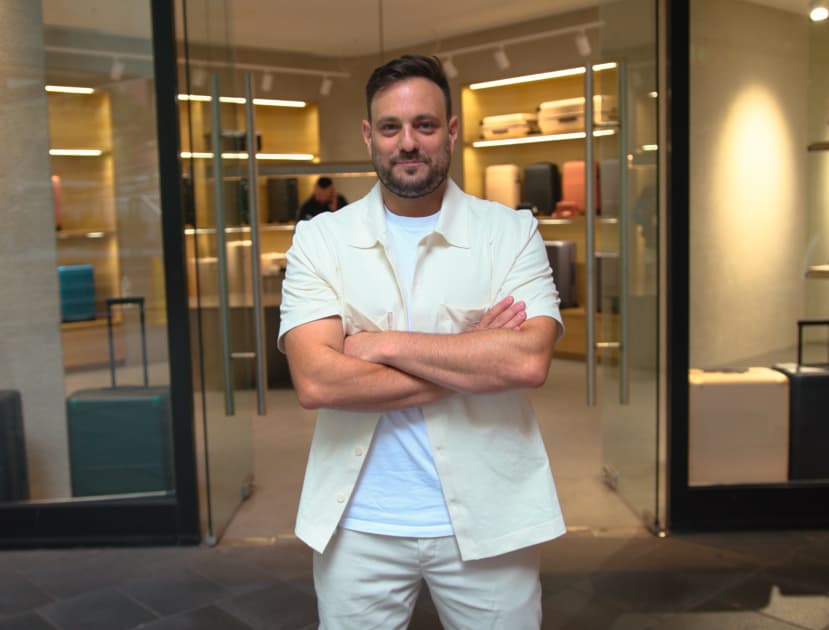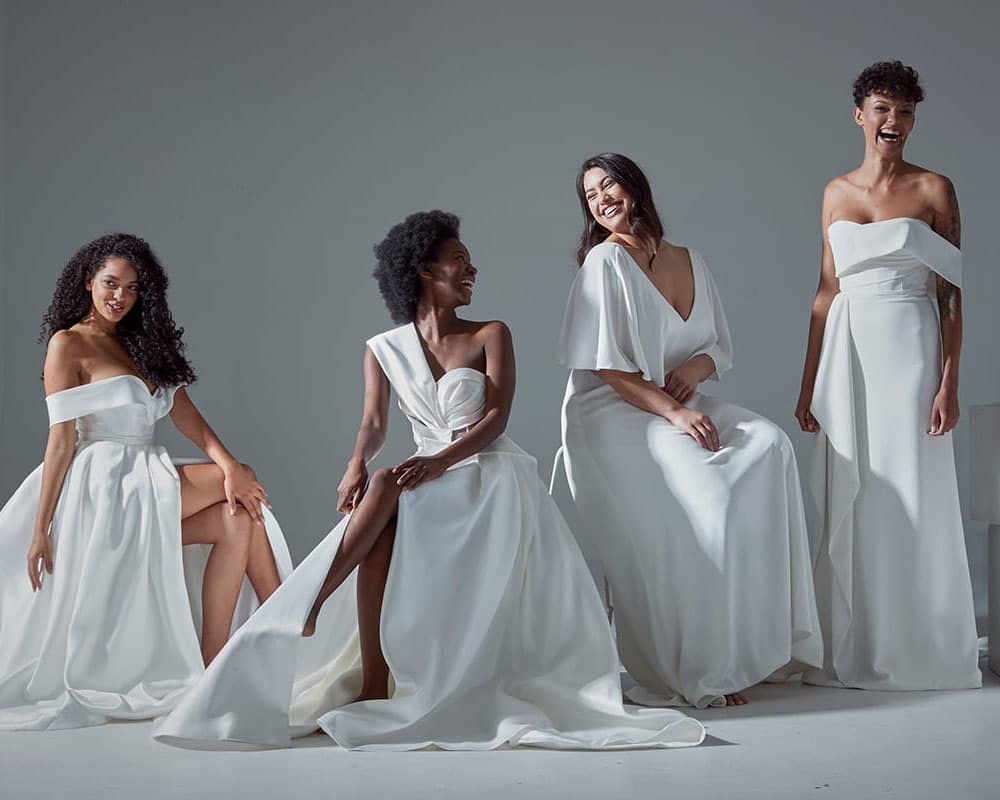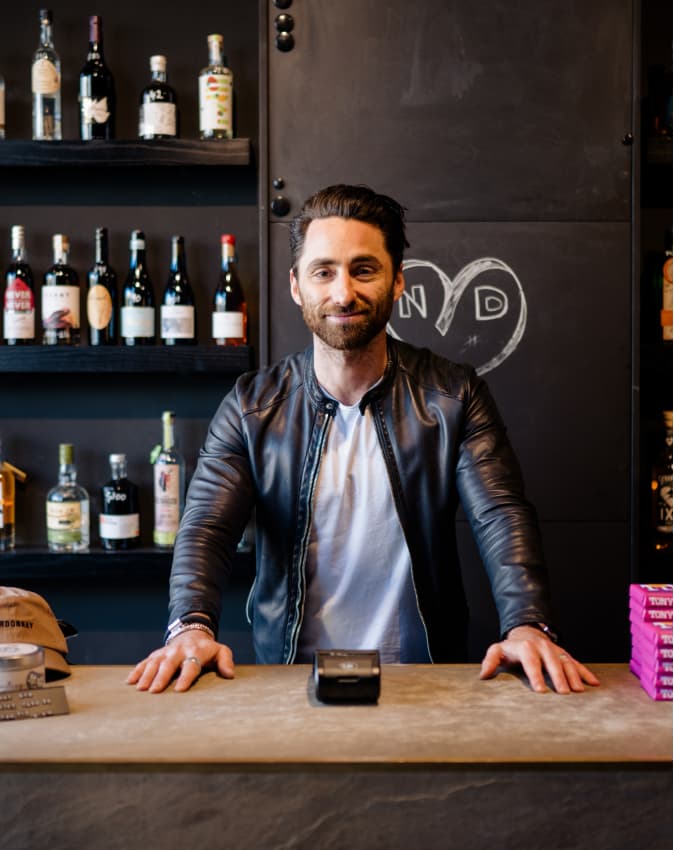
- Business Growth & Optimisation
Brand Tips from Aussie Luggage Startup July
Discover 5 expert tips to grow a successful, memorable brand for your business.
July's journey from a nascency to luggage scene domination is nothing short of remarkable. Just four years after the business was born, the Melbourne-based luggage startup was appointed the official luggage supplier for Australia’s 2022 Commonwealth Games team and Winter Olympics team.
July’s skyrocketing success hasn’t happened by chance. Behind the scenes, the importance of brand is emphasised throughout each arm of the business. The July team has made a conscious effort to keep its brand values front and centre, ensuring everything is smooth and purposeful – from the custom-designed wheels through to the payment experience.
We sat down with General Manager Zhoe Low to talk about developing the July brand and her five top tips for developing a strong business identity.
How important is brand identity for July?
To us, brand identity is just as important as making an excellent product. We are a design-first business and we see brand identity as a key pillar of the elements that make up July’s design.
We know our customers are proud to be seen gliding through the airport with our luggage because they know the product is second to none and they know they look good holding it. That experience is part of the brand identity and something we are really proud of.
Where did the business idea come from?
July is the most popular travel month for Australians — a perfect time to escape winter for the European summer!
The Founders, Richard Li and Athan Didaskalou, are both frequent travellers, and started July to provide a better offering in the broken travel accessories industry, from product to aftercare. They took an Aussie approach to luggage. Tough to break, beautiful to look at.



After reading over 4,000 reviews of existing cases, they designed our first and signature product in 2018, the July Carry On suitcase. Its standout features include aluminium bumpers, a sturdy multi-stop handle, and the smoothest and quietest wheels. Our edge is our minimal and beautiful designs, backed by a lifetime guarantee and in-house customer service.
What you see today is a result of our ongoing concerted efforts to achieve excellence in all that we do as a design-first business.
What are July’s brand values?
We go above and beyond for our customers, and it’s one of our defining brand values. Many of us have worked in hospitality or retail as frontline staff, and we take this mindset consciously to July, a direct to consumer ecommerce business.
Our priority in building great products backed by great service is best showcased by our lifetime warranty for luggage, our 100 day refund policy and local in-house customer service. When someone buys a July, we become their travel companion for life and continue to provide above and beyond service. It comes back tenfold through completely organic word of mouth, referrals and reviews, our best and most efficient marketing channels yet!
How do you want your customers to feel when they buy and use your luggage?
As a direct to consumer business, we exclusively sell through july.com or our retail stores. We don’t wholesale or distribute. This business model ensures we can provide an incredible product at a fraction of our incumbents, as we don’t pass on the typical markups that they do to account for the middlemen.
I am particularly passionate about our ability to design our customers’ experience with us, from discovery all the way to referrals and customer service interactions. A perfect example is our in-store experience — senior retail team members only, beautiful interiors, extra time on visual merchandising, all the way to the most seamless payment experience possible.
We want our customers to leave all interactions with us feeling more excited about their upcoming travels.
How does your branding inform product development?
We are a design-first business, and our design ethos is to create beautiful travel products so that our customers can focus on the parts of travel they love. That is our ultimate goal, and it requires a lot of design thinking, research, testing, sampling and so many heated conversations! We only launch products we would be proud and excited to use ourselves.
And your top 5 tips to create a strong brand identity?
Some of the learnings we’ve had at July are:
People matter a lot, and we have a simple but structured approach to ensure we hire team members that understand and are excited by our brand and our purpose.
Brand belongs to everyone, not just the creatives! Our Head of Tech is one of our fiercest advocates for our customer experience.
A brand is not a static thing, it evolves over time. Be conscious of what you allow to influence that.
Surprise and delight. There are some core moments that your customers will remember you for. If you can preemptively identify these, double down and amplify however you can. We are the official luggage partners for the Australian Olympics and Commonwealth Games teams. It was a huge moment for us and we shared about it everywhere we could!
Be yourself. People know when you are being authentic (or not), and building trust and reliability over time has a multiplier effect on your business.

Let us help your business grow.
Zeller Sales is here to help you succeed.
Leave your contact details and we’ll be in touch soon.
By sharing your details with us, we may contact you from time to time. We promise we won’t bug you — and you can unsubscribe from communications at any time.



